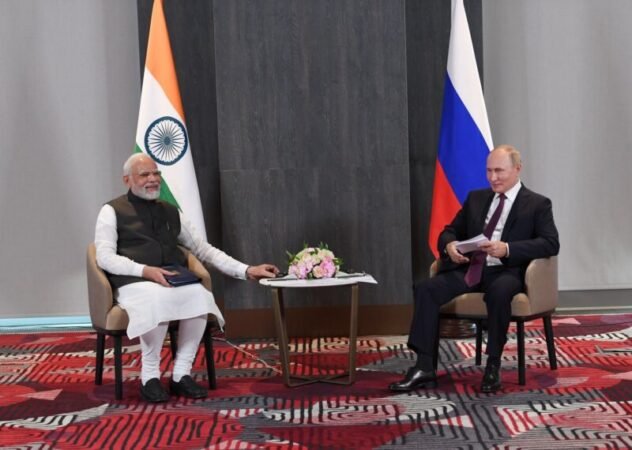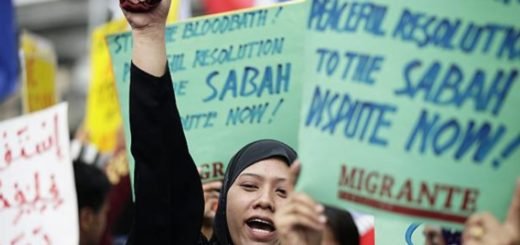Bilateral Talks between India and Russia at the sidelines of SCO

Prime Minister Narendra Modi attended the Samarkand Summit of Shanghai Cooperation Organisation (SCO) on 16th September 2022. The dominant players of SCO, China and Russia, generally conduct bilateral talks with other members on the sidelines of the Summit. It was highly anticipated that Modi would meet President Vladimir Putin of Russia and President Xi Jinping of China during the visit. Though the meeting with Putin was a success, the absence of similar talks with Xi, his neighbouring counterpart, was imminent.
What is the SCO?
It is an alliance of eight countries which aim to forge deeper political and economic relations. The organisation’s main executive body is the Secretariat in Beijing, China. Mr Zhang Ming is the incumbent Secretary-General. Initially, the group concentrated on regional security issues such as border disputes, militancy and terrorism. Since then, the organisation has limited the number of military exercises it conducts as it does not wish to become another NATO. In recent times, the grouping has expanded its vision to include transport, law enforcement, economics and trade.
Why was the Samarkand Summit important for India?
The summit of the SCO’s Council of Heads of Government takes place in the capital of the country which holds the rotating annual presidency. At present, the summit was held in the capital of Uzbekistan, Samarkand. It was a two-day meeting where multilateral talks took place discussing the issues at hand and the budget of the council for the new fiscal year. The Samarkand Summit was the first in-person meeting of the organisation after the COVID-19 pandemic broke out. Previously the Indian head of State, Prime Minister Modi, sent others to stand in for him. In 2021, India was represented by Dr S. Jaishankar, the Minister of External Affairs. This time, however, the Prime Minister attended the summit personally.
What did Putin and Modi talk about?
First of all, Putin congratulated India on assuming the presidency for the next year. Modi too thanked Russia for its help in evacuating Indian students studying in Ukraine, earlier this year. They discussed the elephant in the room, and the conflict in Ukraine. While Modi was careful with his words, the New York Times reported that he said “today’s era was not of war”, expressing concerns over the situation. Putin reassured him Russia wished to stop the conflict as soon as possible and that all channels of communication were open from their side. He alleged that the Ukrainian government refused to hold negotiations and continued to use arms to settle the matter.
The leaders talked about the cordial relationship that both countries had with each other for the majority of their history. They reiterated that the bond between India and Russia was stronger than ever. India has on several occasions abstained from voting against the country on international platforms such as the UN Security Council. India continues to march on a middle path when it comes to Russia, hoping that the old geopolitical order is restored soon.
Till the last moment, there was uncertainty on whether Modi would hold bilateral talks with China and Russia. He was successful with the latter, however, observers were disappointed that Xi and Modi could not meet separately from the summit. As relations with our northern neighbour continue to get complicated, there was relief that India was at least able to hold its own when confronting Russia about Ukraine. India has managed to conduct an independent foreign policy with regard to Russia despite pressures from the West. India continues to import crude oil and other commodities from Russia when others have imposed sanctions and embargos on the country. It is to be seen how long India would be able to stand on its own in the face of mounting pressures from different quarters, but one thing is clear the Samarkand Summit and talks with Russia were a success for India.


















